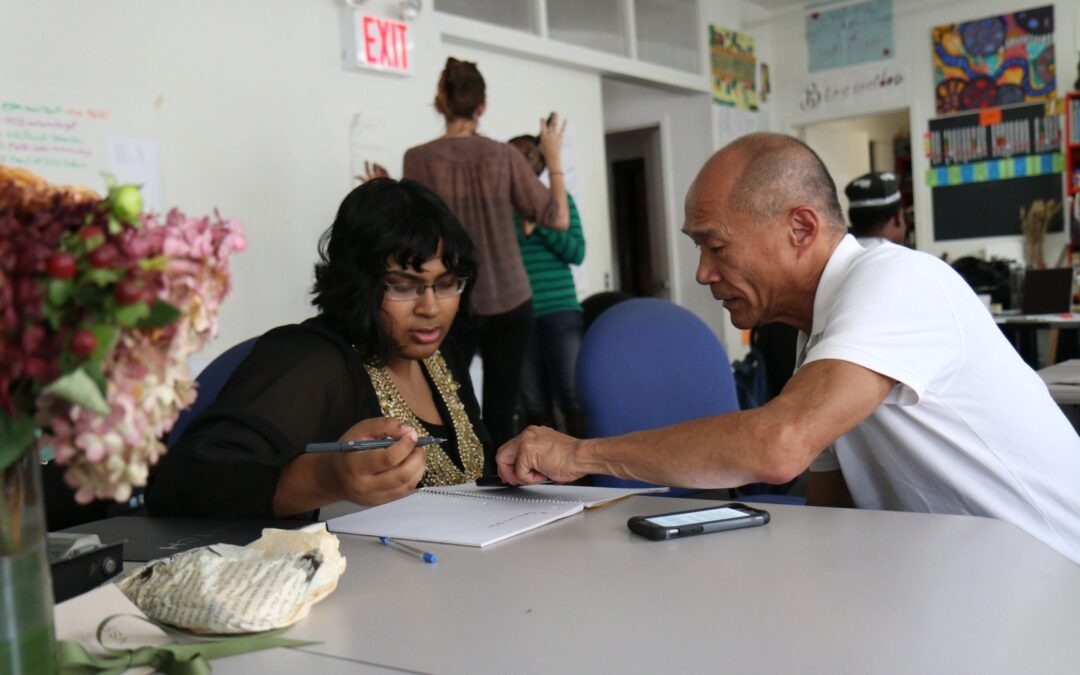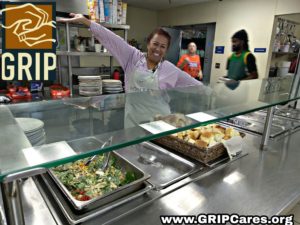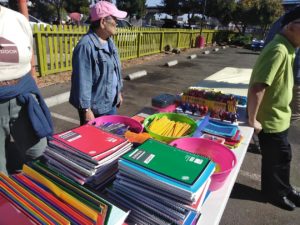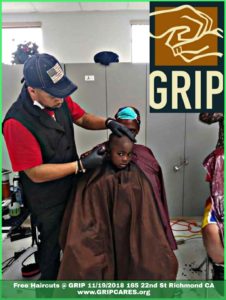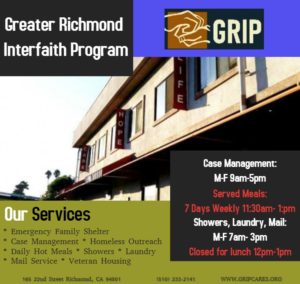Anyone calling the Bay Area home in recent years has witnessed the increasingly overwhelming issues of poverty and homelessness affecting our communities. As wages struggle to keep up with rising rents and affordable housing becomes more scarce, individuals and families are pushed into staying in shelters, living out of their cars, crashing on friends’ couches, and sleeping on the streets. This situation is compounded by the economic repercussions of the COVID-19 pandemic, which had a particularly devastating impact on low-income families. This year’s Point-In-Time Count of the number of people without housing, both sheltered and unsheltered, tabulated on one given night, indicates a worsening situation. West Contra Costa County reports a 29% increase in the number of unsheltered households from 2020-2023, despite a county-wide increase of only 4%. Richmond saw the largest increase of any city in the county as the number of unsheltered households grew from 280 to 487.
WHY IS HOMELESSNESS GETTING WORSE?
A recent study from UC San Francisco offers the most comprehensive and representative survey of homelessness in California in decades. After conducting in-depth interviews with thousands of unhoused adults, the study’s authors point out that poverty and high housing costs are the main drivers of homelessness in our state — not addiction, mental health issues, poor decision-making, or other individual-level circumstances that are commonly thought of as root causes of homelessness. The findings of this study highlight the fact that even small amounts of economic support go a long way in keeping people housed, and that increasing both people’s monetary resources as well as access to affordable housing have the most potential to directly aid people in staying off the streets long-term.
HOW CAN WE STOP THE CYCLE?
GRIP is determined to end cycles of homelessness whenever possible and to make a lasting difference in our clients’ lives. To that end, GRIP is in the process of securing funding to create a new program. The Education to Employment (E2E) Program will provide pathways to living wage employment by creating customized support structures for skills-based job training. This training will begin on-site while clients are staying at GRIP’s facility, and will be continued off-site in partnership with local employers and job training agencies.
GRIP staff will help clients who participate in this program — known as “E2E scholars” — determine their employment goals, and complete intake interviews and assessment tests, to shape individualized training plans.
Since participants are required to be working, actively seeking employment, or enrolled in an educational program to be eligible to live at GRIP, clients have an additional incentive to enroll in the program. By providing E2E scholars with a supportive structure that will facilitate pathways into sustainable employment, the program can increase GRIP families’ financial resources such that sustaining stable housing becomes an attainable reality.
HOW CAN I HELP MAKE THIS HAPPEN?
Currently, GRIP needs to raise funds to cover a position for an employment specialist, training program fees, and expenses for childcare, transportation, tools, and other equipment.
GRIP can’t do this work alone, and is asking for your help. Please share this important and timely research, and information about our new program, to your friends, networks, and potential donors and funding sources. Donations of any size can aid us in making this program a reality as soon as possible – these can be made on our main page.
While GRIP recognizes resolving the crisis of homelessness itself involves addressing structural causes that are much larger than our organization can tackle alone, when we come together as a community, we can make bigger changes possible – and can help each other survive and thrive along the journey.
Resources like this budding program have the potential to permanently shift the courses of our clients’ lives, and to uplift the people GRIP and our partner congregations, volunteers, and business and government funders care about. Let’s continue to take care of one another.

